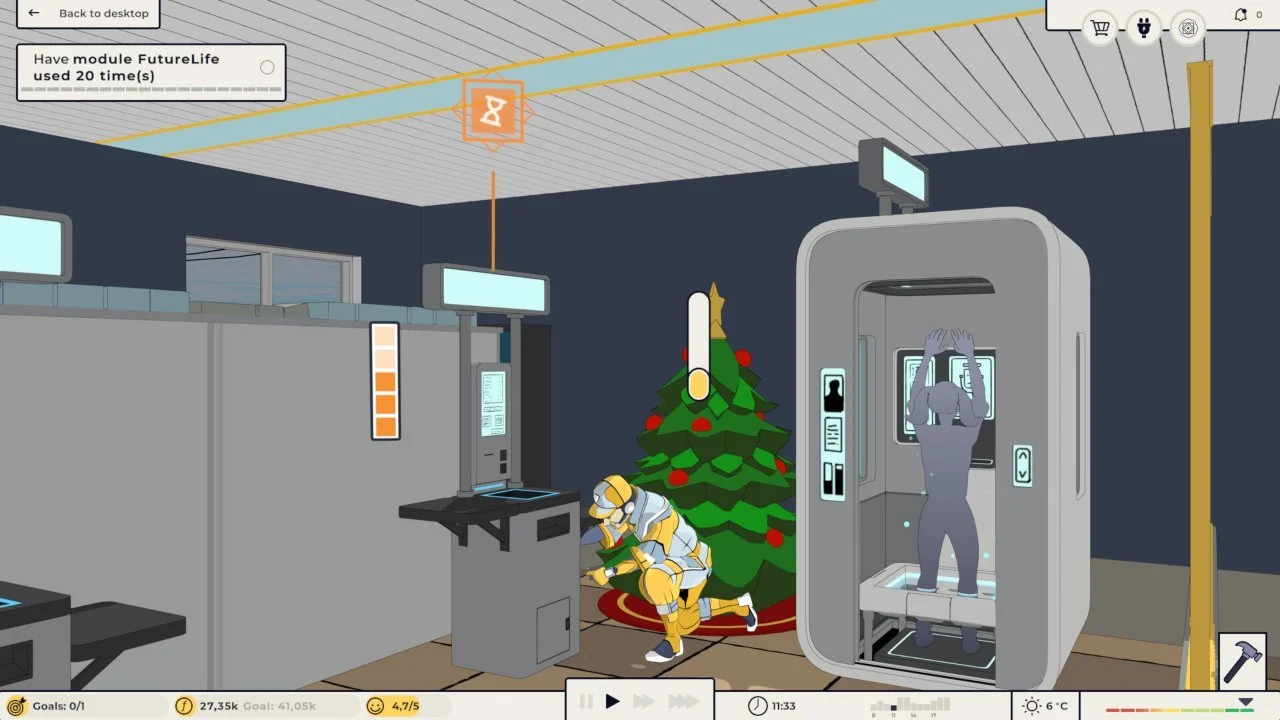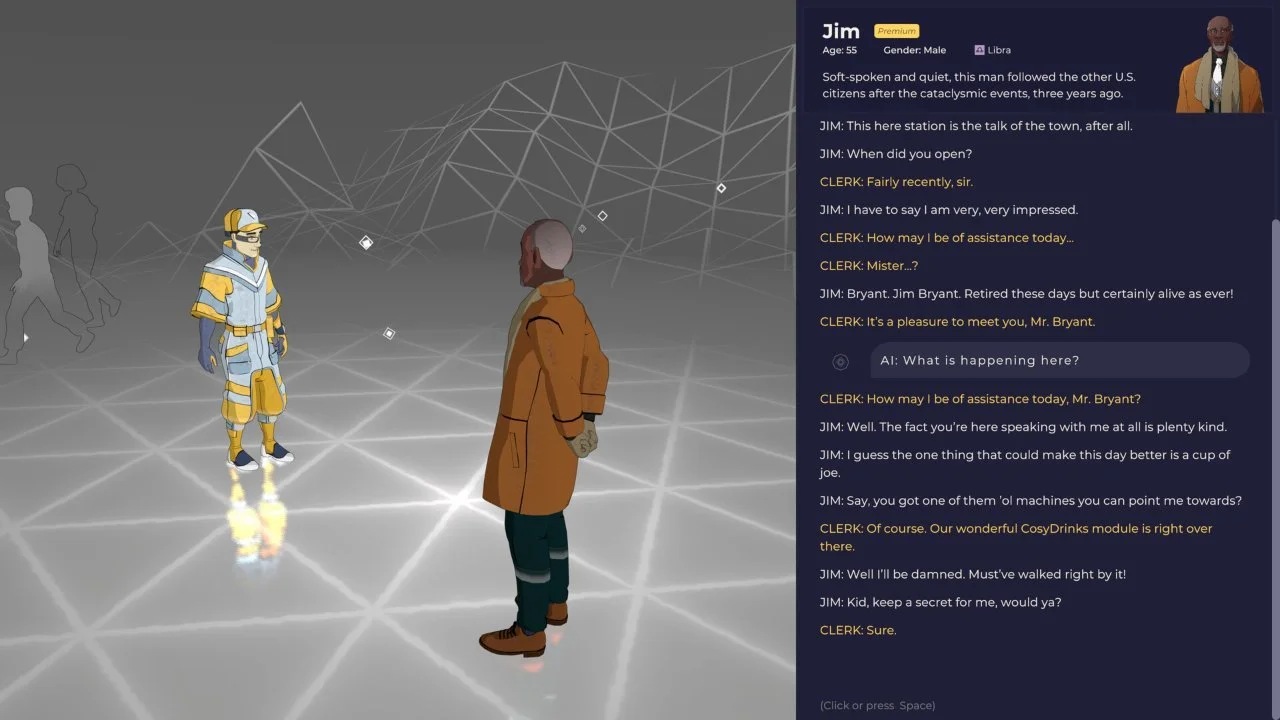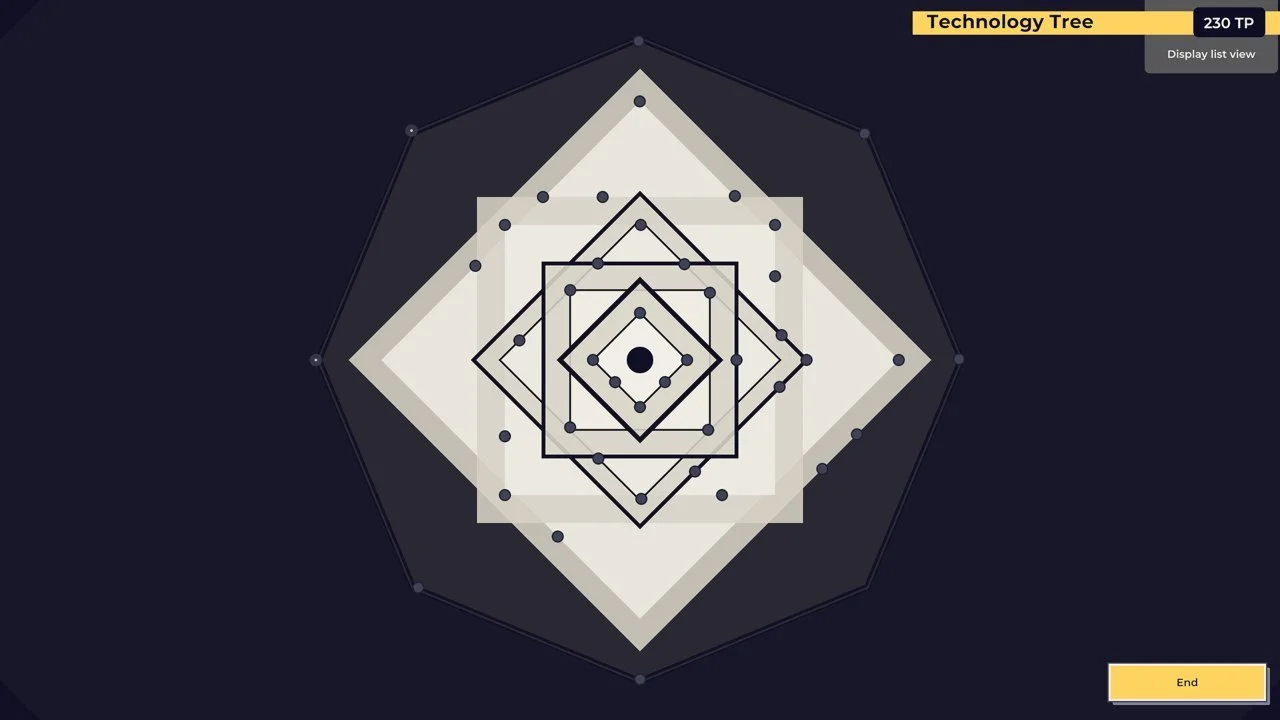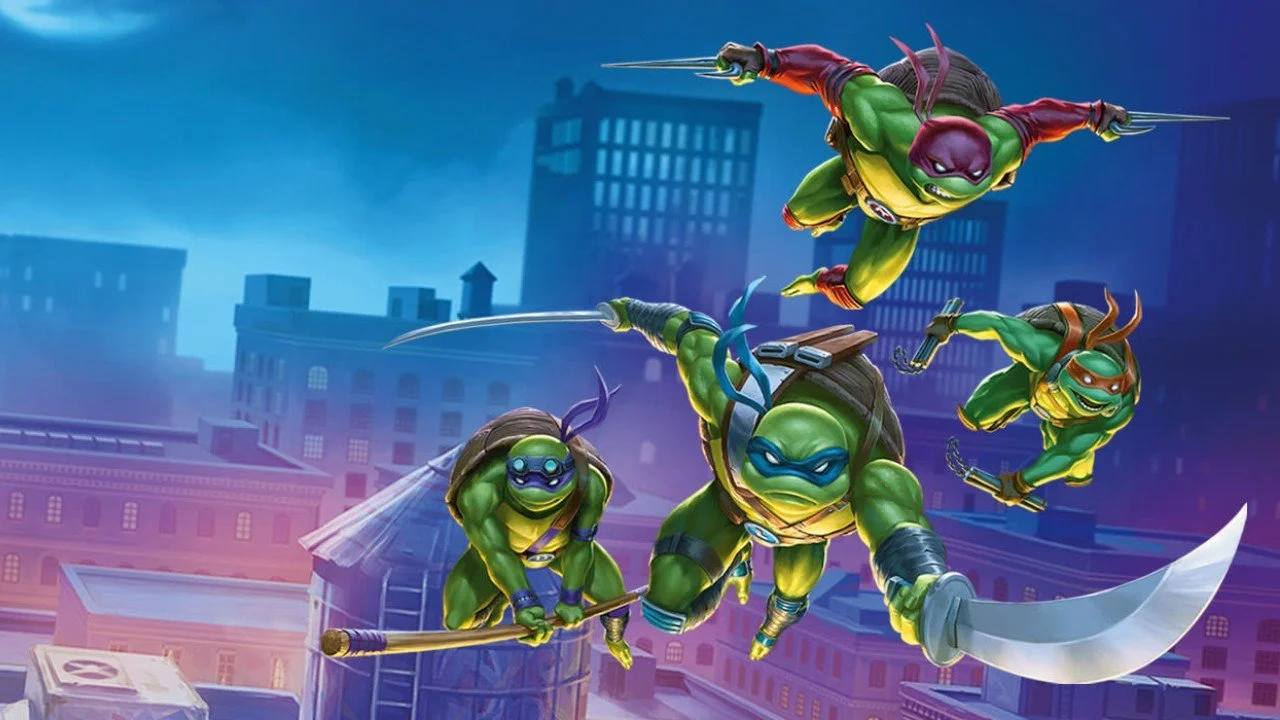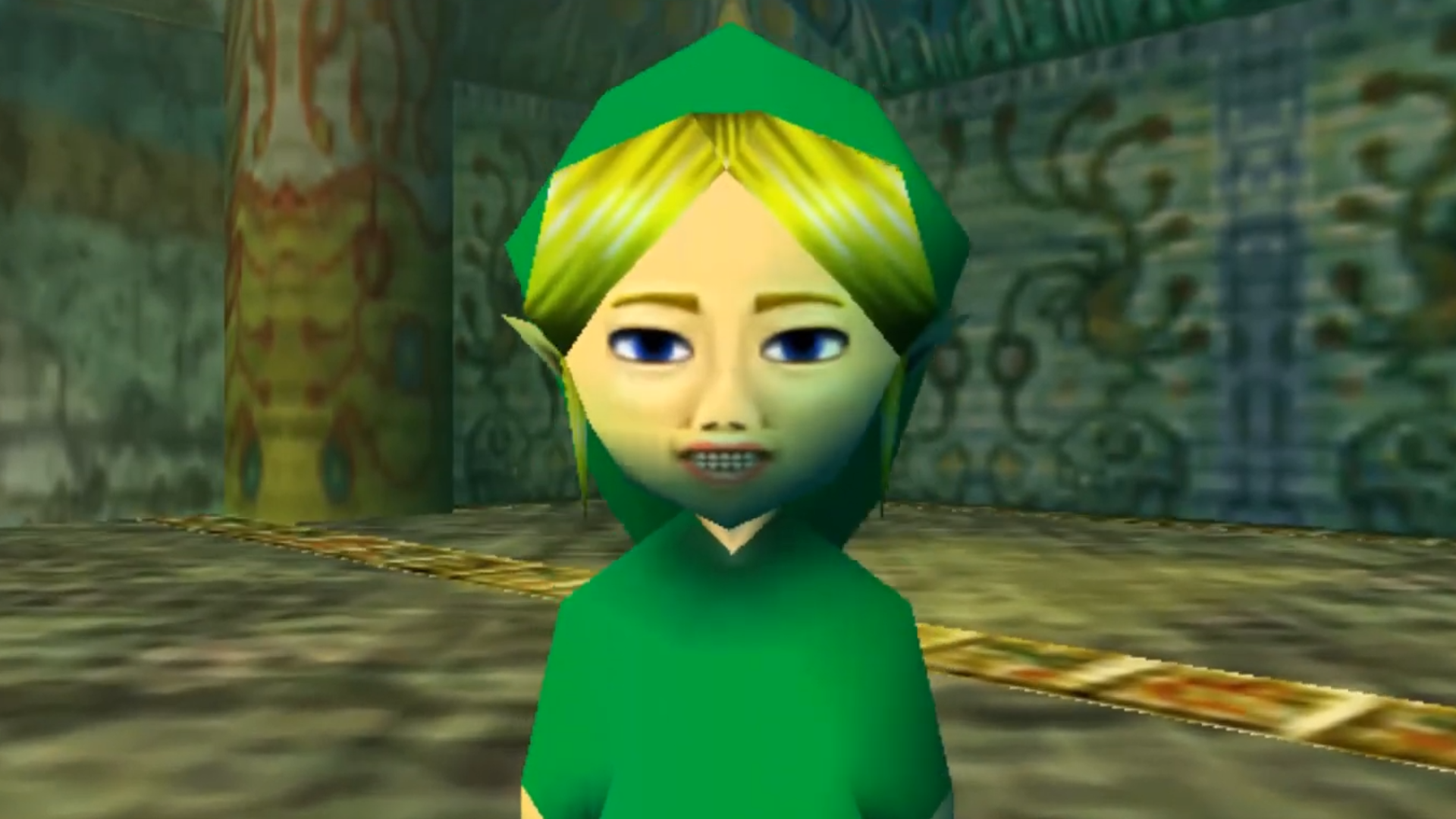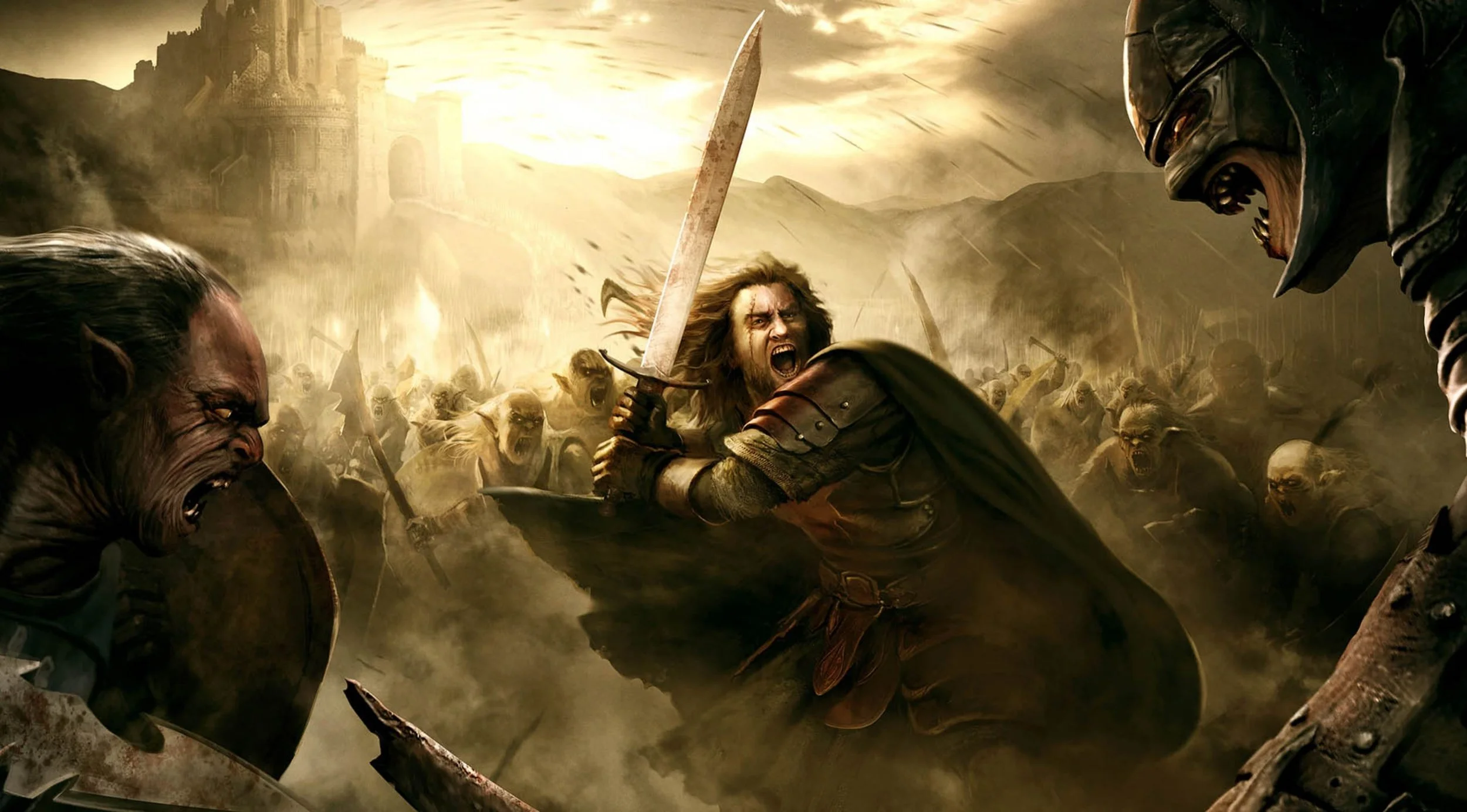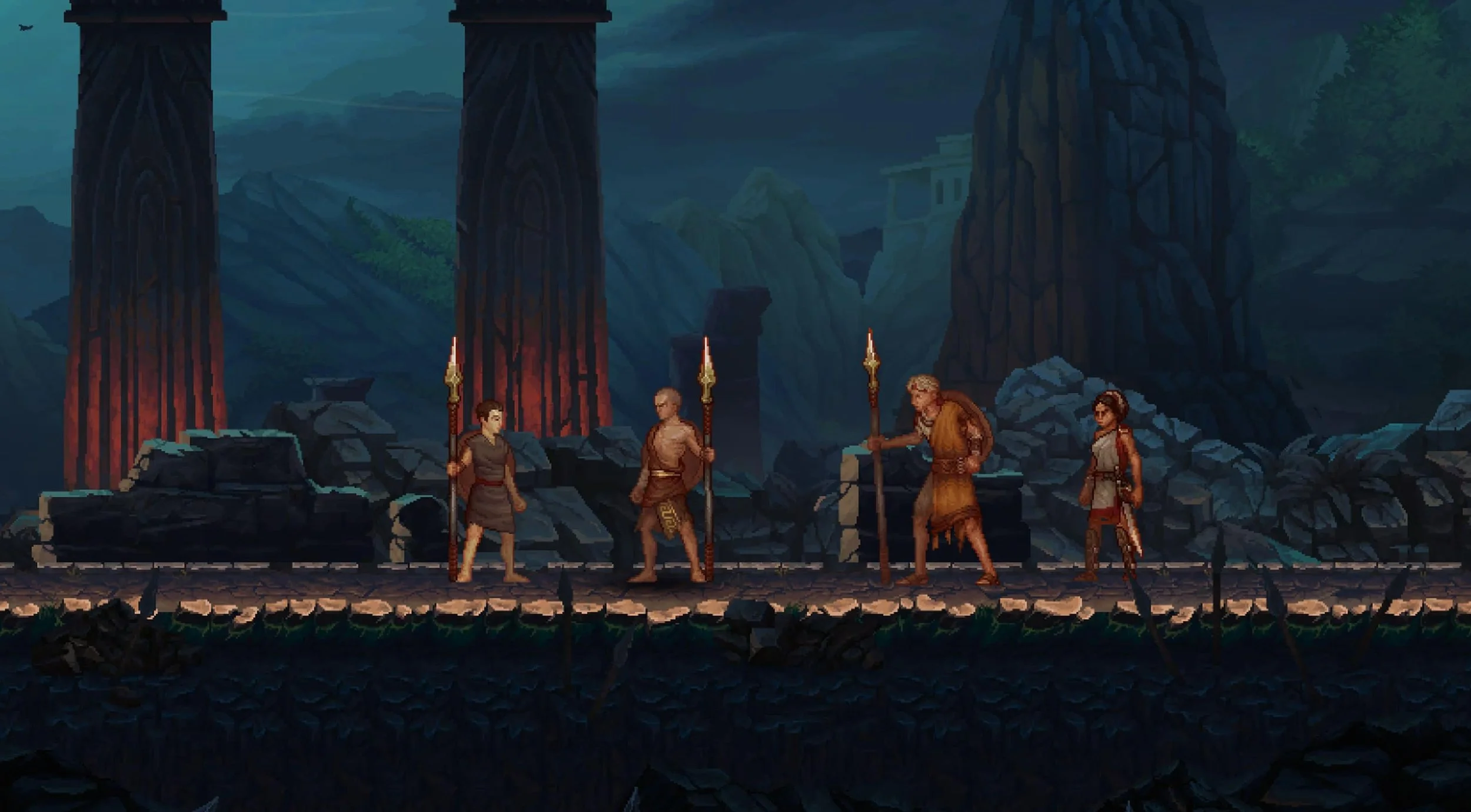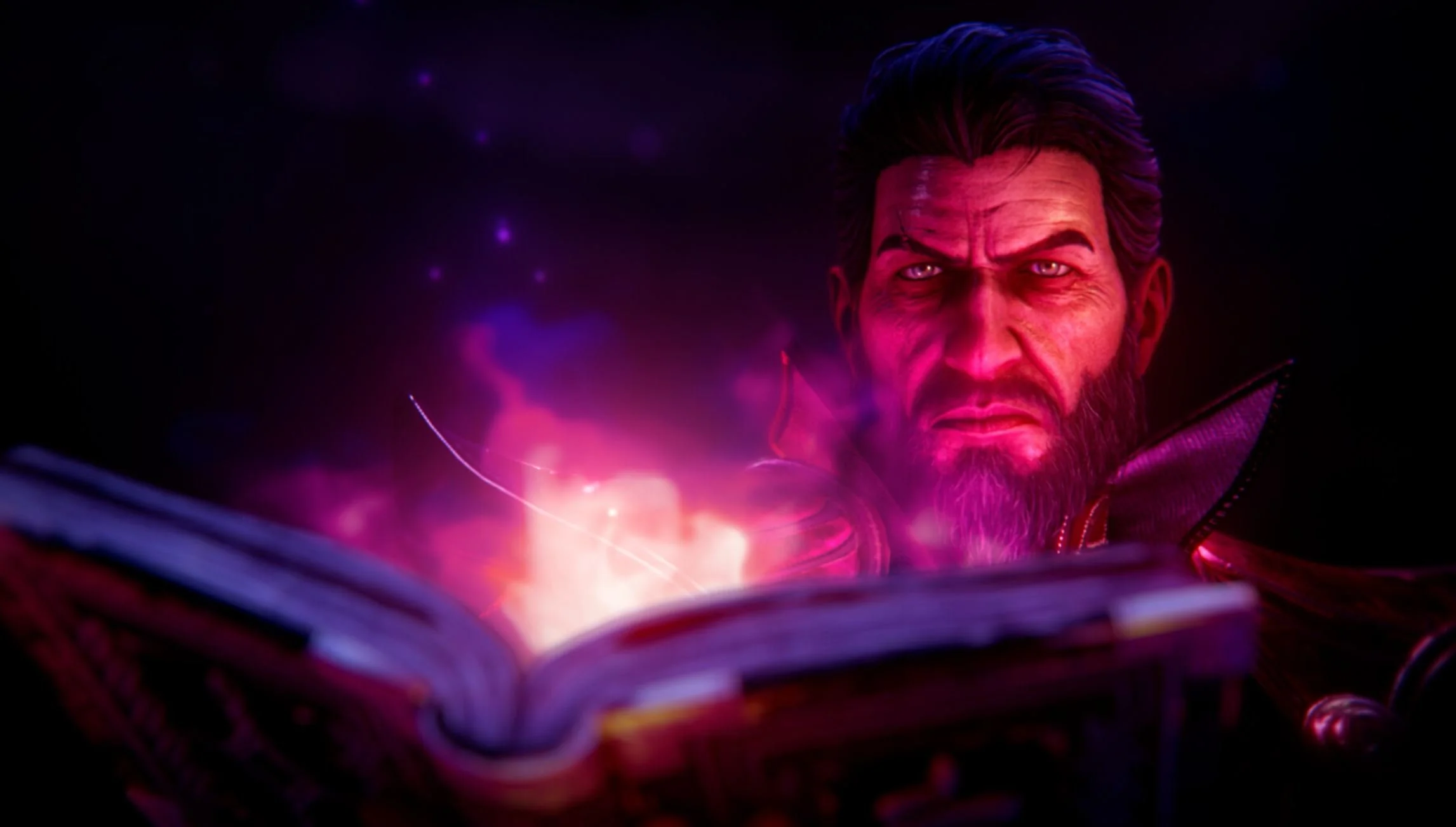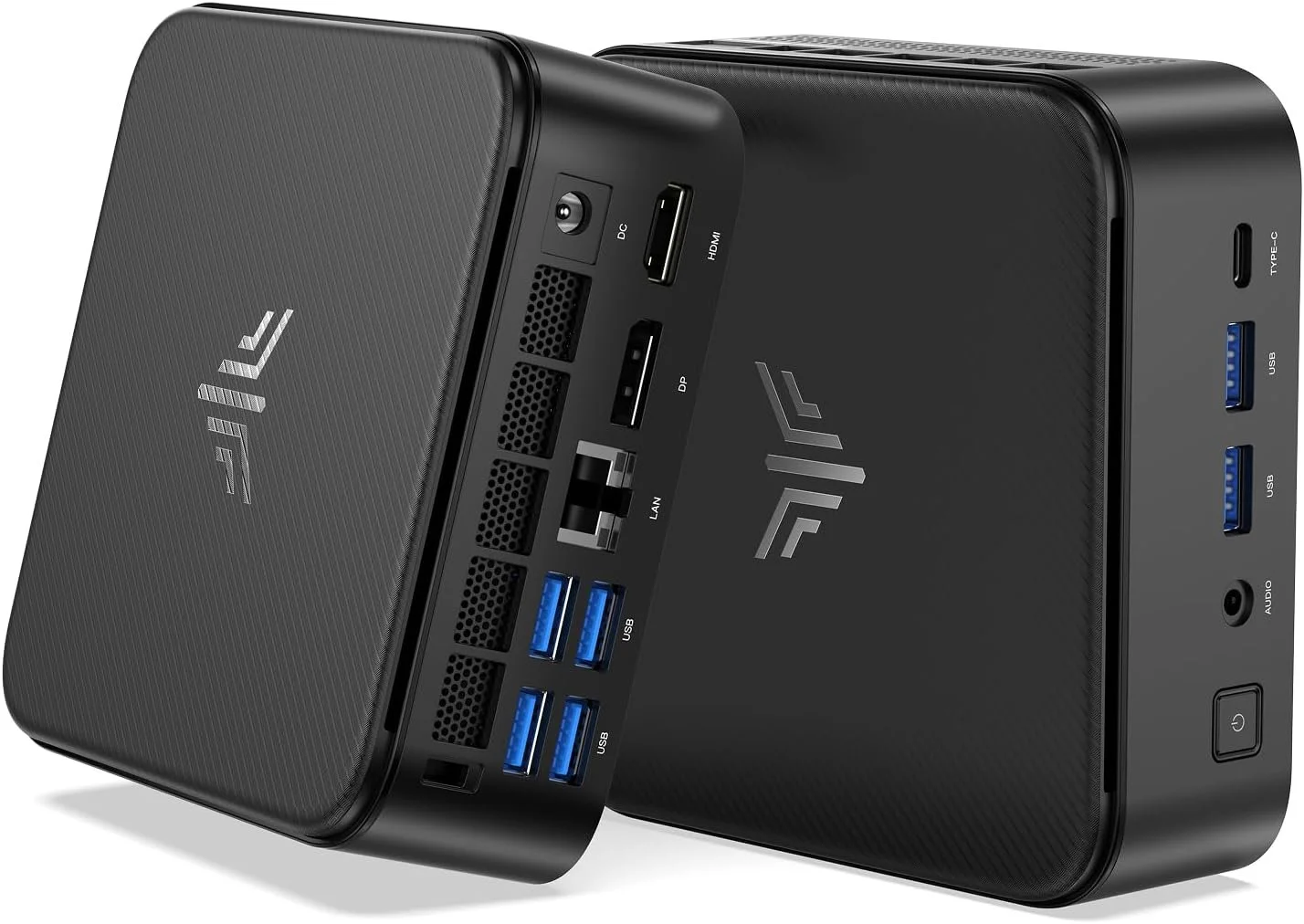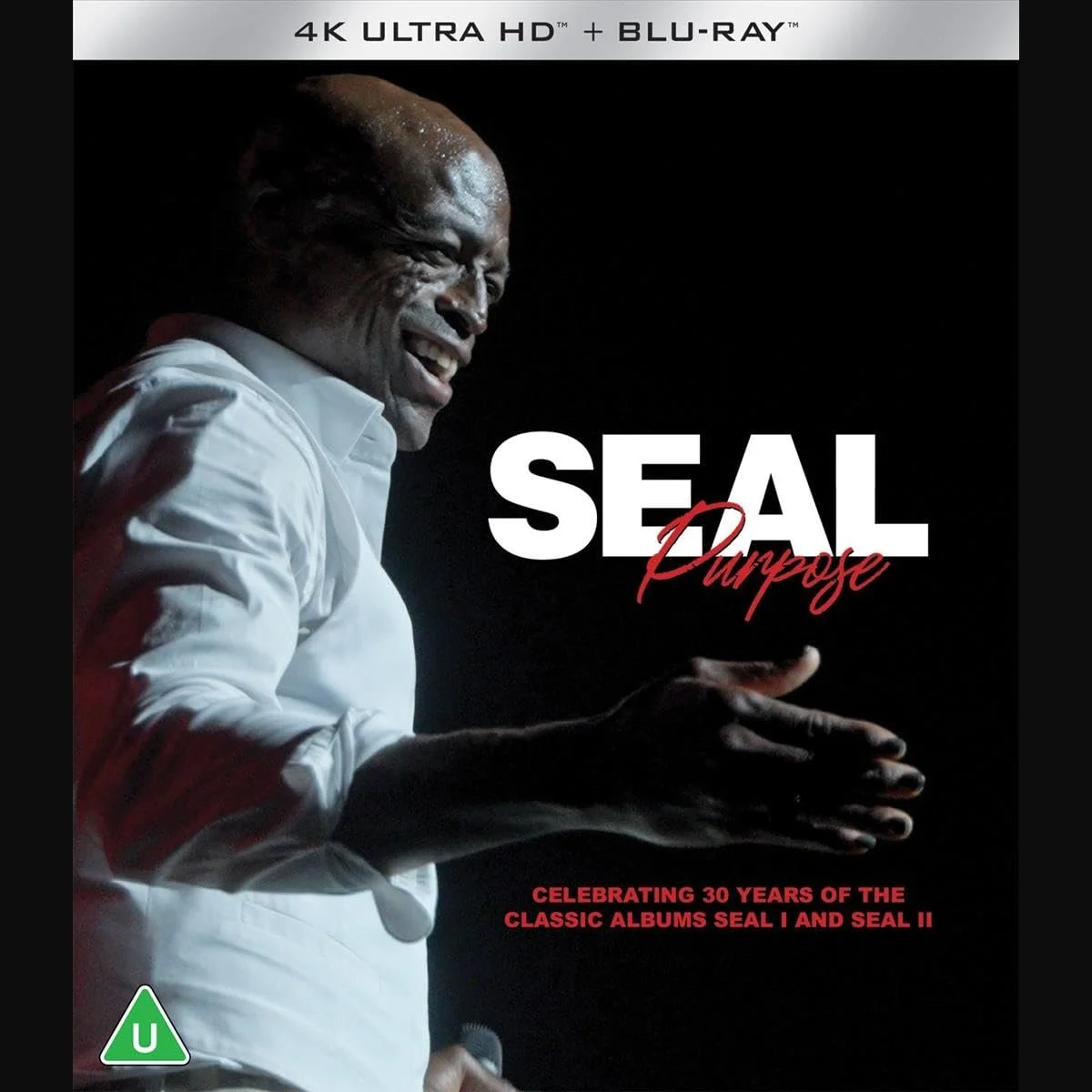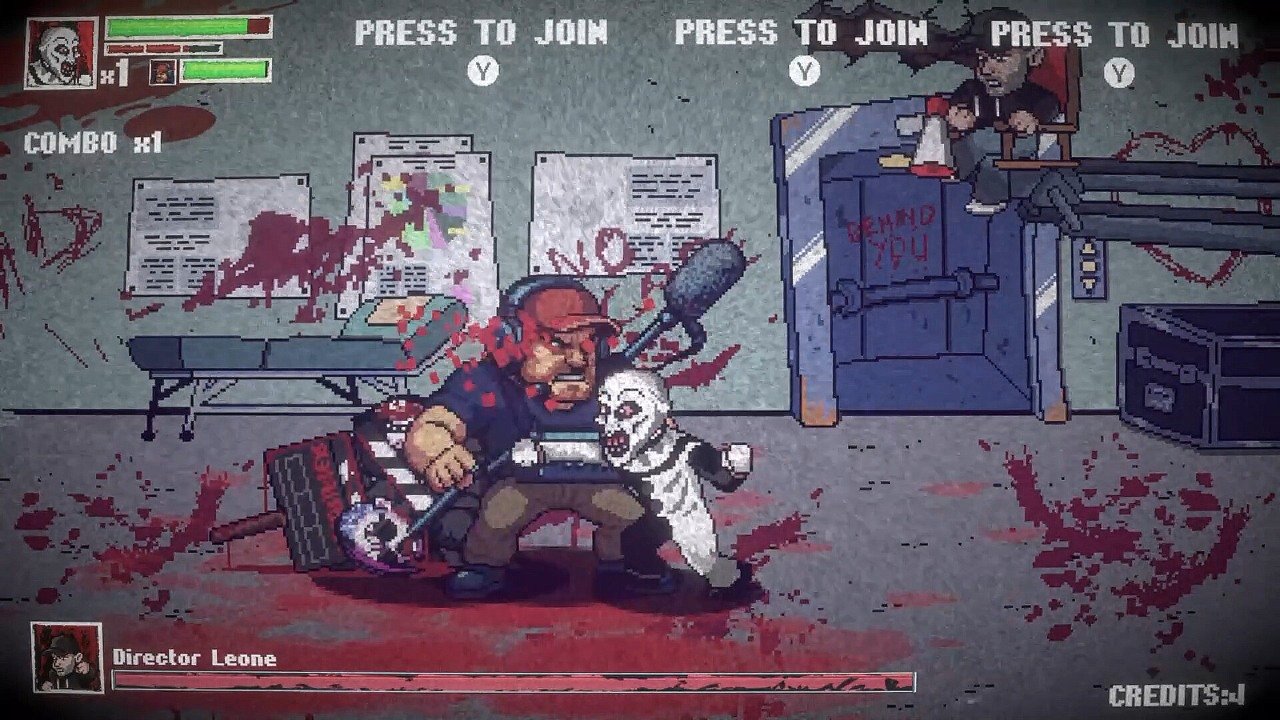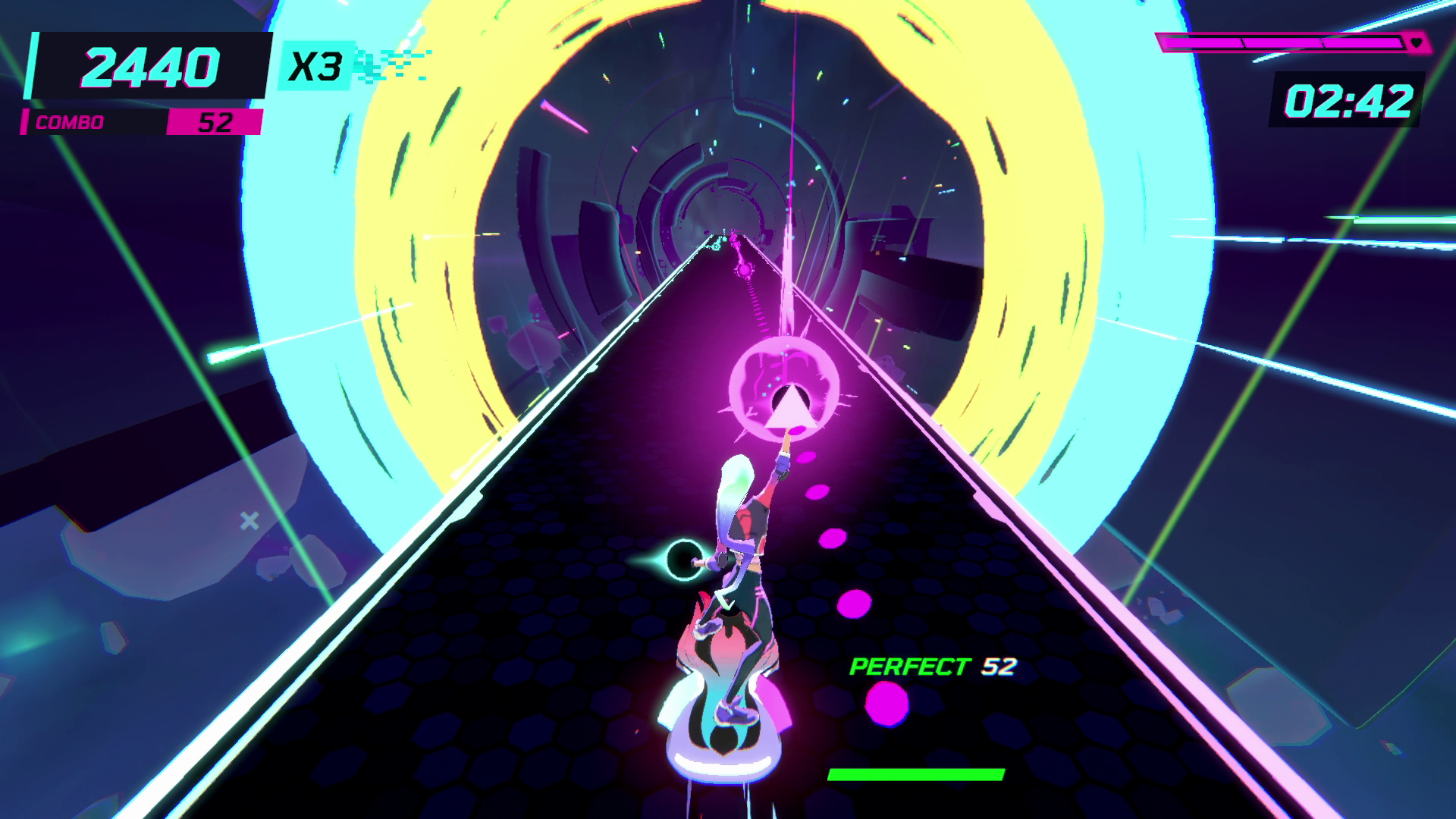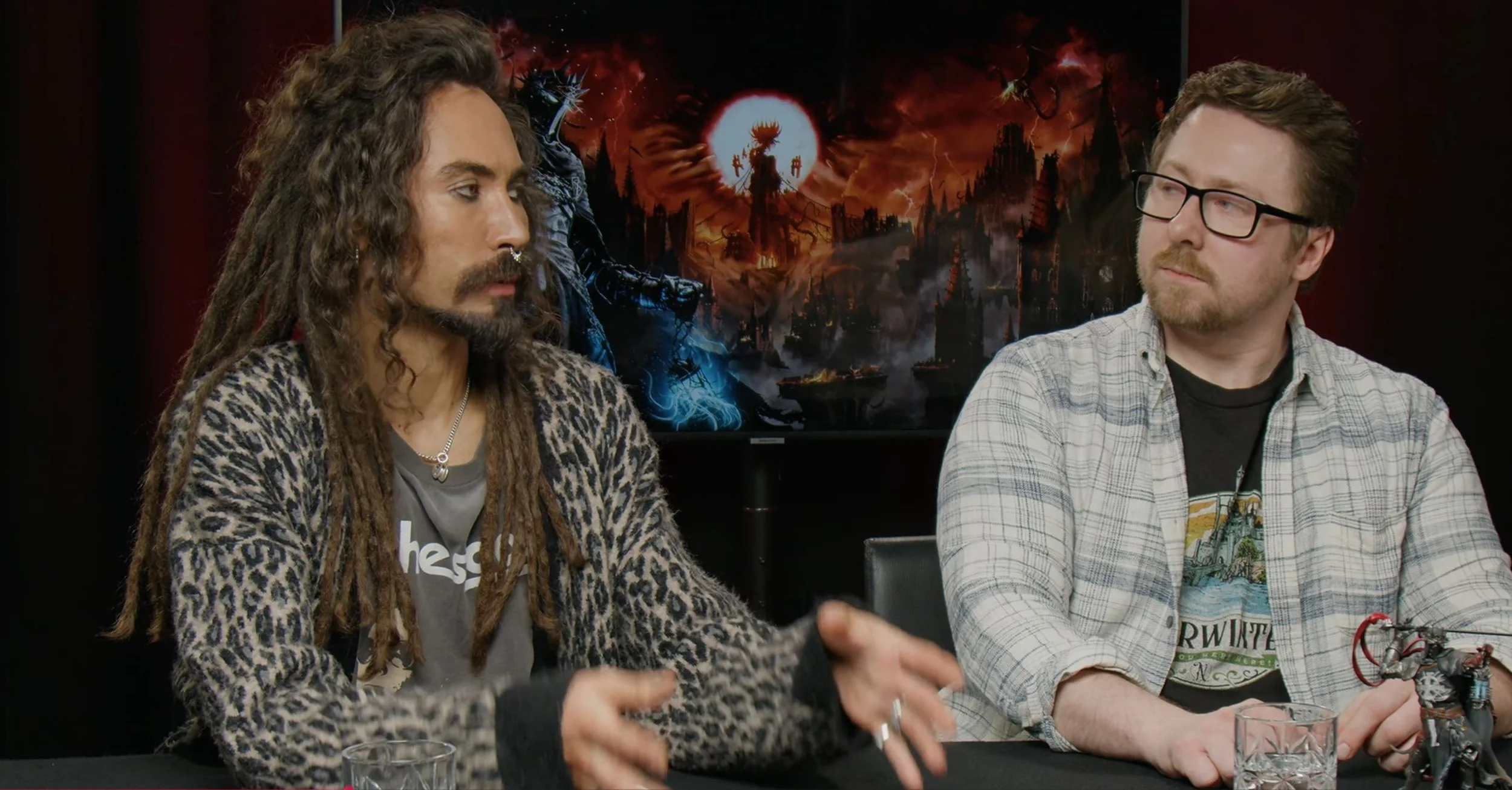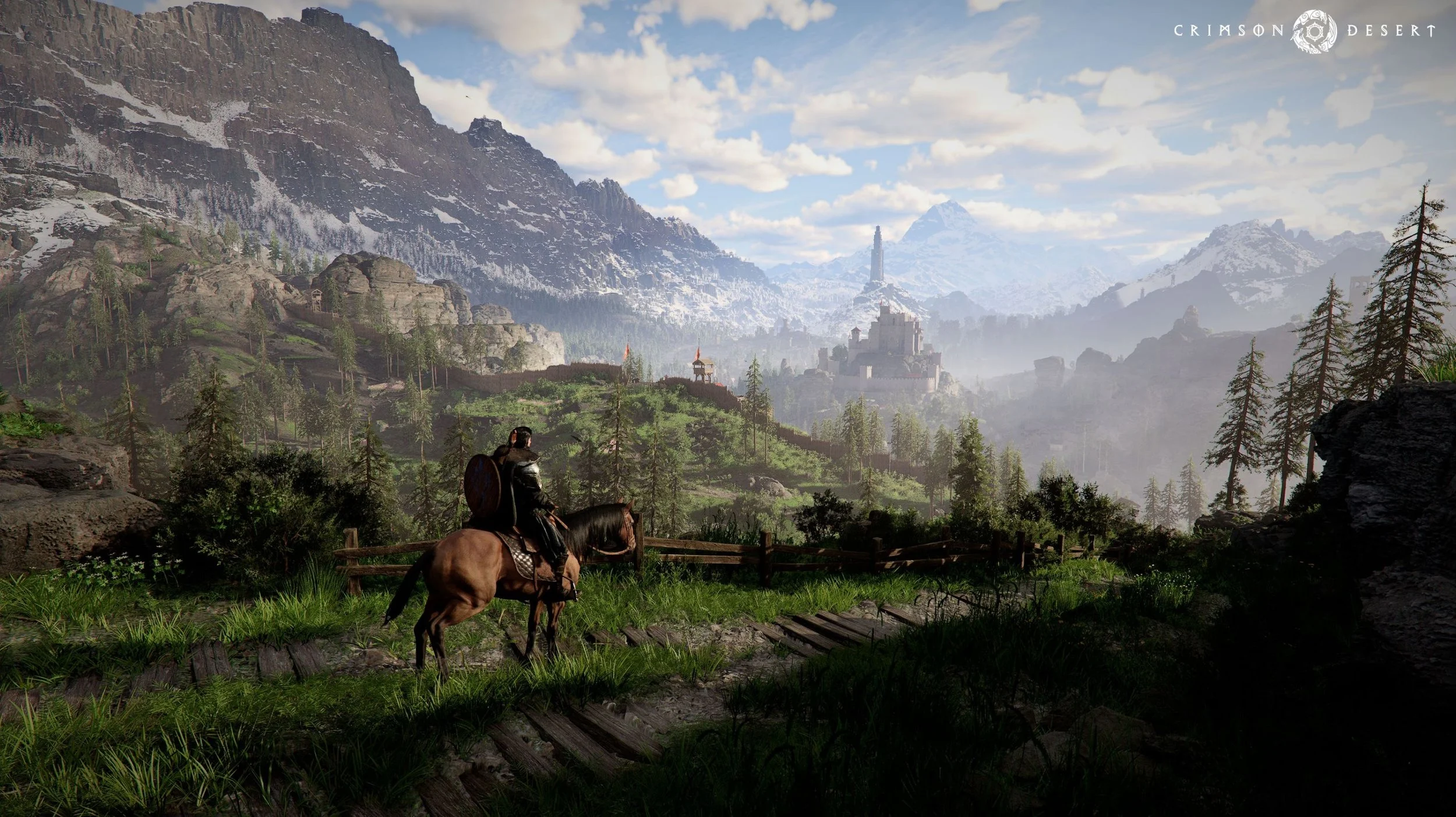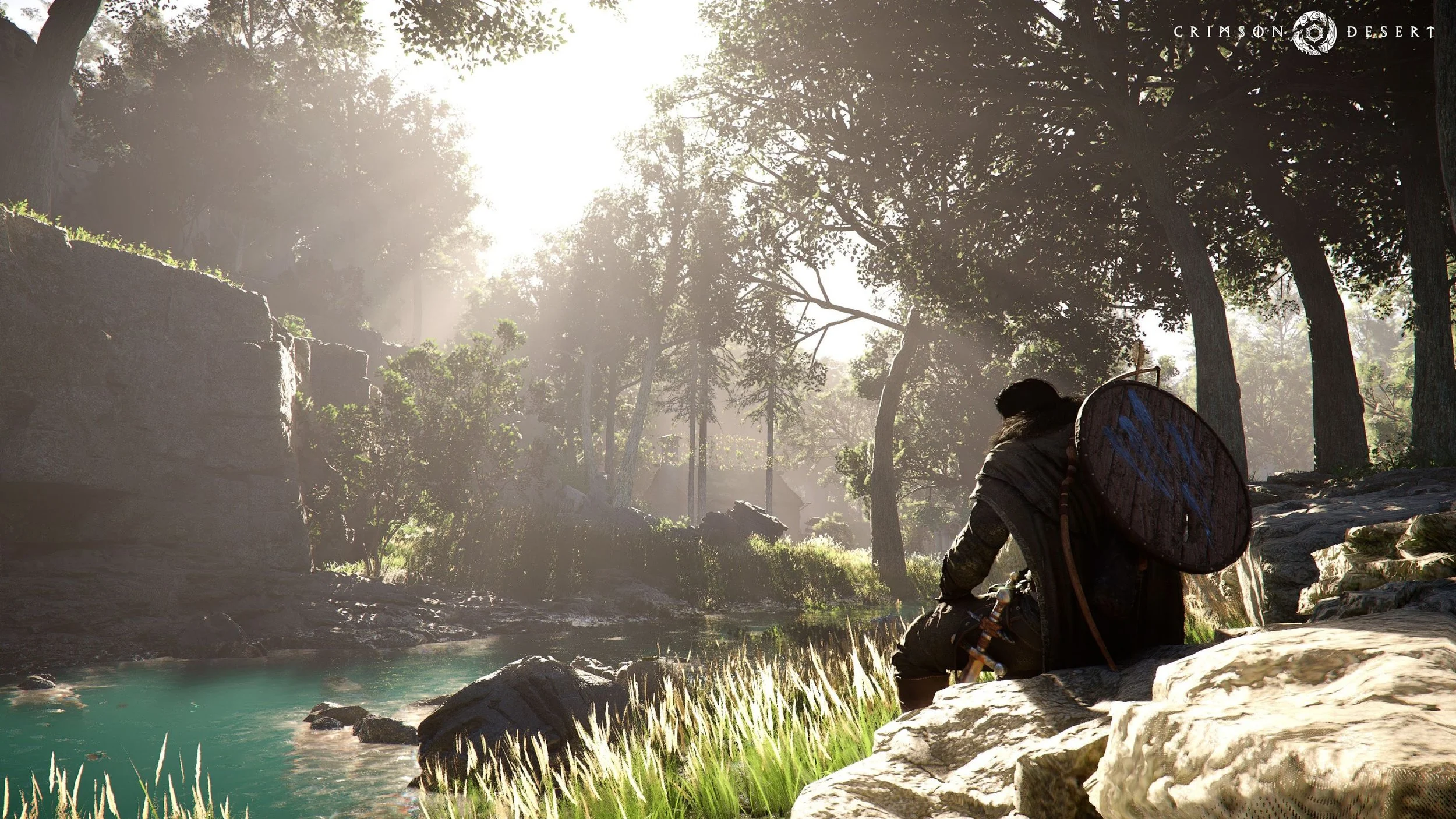PC Review Code Provided by Raw Fury
Management simulator games are sometimes rough to get into as many of the components you want to use are unlocked later on. Raw Fury and Monkey Moon took on this genre when they developed Flat Eye, which actually takes it a step further as it is a narrative-driven management title. While this does seem like an intriguing genre blend, those are two genres that are notoriously slow-paced and usually get blended with something more fast paced to help with player engagement. Even so, they did manage to pull off a well-functioning title, but that doesn’t answer the question - is it an entertaining title?
Gameplay
As the manager of the world’s premier gas and technological hub, it’s your job to keep your station running smoothly. To do this, you will be giving directions and guidance to your clerk in order to make sure the store is well maintained and customers are tended to. While you start out with a small shop that can only fit so much, you will soon be able to expand your business and take up more space of the land you own.
The game runs on a day-to-day cycle where it starts with your clerk just before the shop opens, you play out the day, and when the shop closes you are sent to a daily results screen. Before you can start the next day, you can look through your personal computer to check emails, files, and other details that give you more information on the games lore and more. This does become an important step later on, but during the beginning of the game, it is more of a “if you want to” setup.
Once you are ready to start the next day, you will just click on the camera screen to get started. Each day will bring new tasks - given that the important ones of the previous day were completed - and you will usually get one auspicious customer to interact with each day. These interactions is where the narrative really drives as you will have a full dialogue moment with them which range from weird to strange to literally dangerous. Your AI system learns a lot from these interactions and the choices you make during them leads to how much information, or sometimes even what kind of information, is learned.
Sometimes there will be tasks that don’t make sense at the moment, but if you keep running the store and making a profit, you will keep leveling up. As you level up, you earn points that can be used to learn new gadgets, upgrades, and items that you can then add to your store. They don’t really explain this to you very well, but it is a “trust the process” sort of deal.
To manage the store, you will have to have your clerk run a register, restock the shelves, maintain repairs on your various machines, and even build the new machines that you unlock. One of the big parts of management is getting the machines to actually function. One of the first steps you do in the game is to set up your reactor and then your energy machines. These will act as a grid for the rest of the machines you add as you will need to connect them through a web of wires. The reactor powers the generators and the generators offer four power nodes each. The different machines you build in your store all have an output as well, so you can get everything running by chaining together machines. However, this does mean that if one machine breaks, the whole chain will break, so it puts more emphasis on the maintenance side of the game.
It isn’t long into the game that they start adding randomized tasks in the form of random card drawings. You will have to draw three cards at the start of each day and they will designate the side tasks to complete that day if you are able to. The main task will always take priority, but they do this to give you a chance to earn extra experience each day as you work on getting whatever it is you need to complete the main task.
Audio and Visual
Given that they had the location of the game takes place somewhere that it snows, this game has a very bright aesthetic to it. The outside of the building and surrounding area is almost all covered in powder white snow while the inside of the shop is mostly gray with a bunch of pops of yellow. Of course, there are other colors as each machine has its own look and you will eventually unlock other objects with other styles, but if bright colors aren’t a good fit for you then this game might be hard on your eyes so lower the brightness.
As for the actual art style of the game, it is pretty fitting. Main characters such as the clerk and auspicious customers all have unique designs, but general customers are just a shade of gray. Given the genre this game is built for, the art style is rather fitting.
When it comes to music and sound effects, they are very subtle to the point that it felt like there was no music at all during various moments of the game. You would typically be focused on the business management, so perhaps it just fades to the background, but there aren’t any note-worthy aspects to the sound design in the game. However, the voice acting for the AI is pretty well done.
Replayability
I definitely would say this game does not have any replayability. It is already a slow-paced title that will take quite some time to get to a decent segment where you really feel the flow of the game and once you learn which customers you can and can’t trust, then you would know how to interact with them which ruins the whole curious aspect of the narrative.
What It Could Have Done Better
Honestly, the game was just incredibly slow-paced. It would have been better to think of this game as more of a pure management simulator rather than focusing on the narrative because when you add narrative it drives the want to progress. While that usually wouldn’t be bad, the tasks and progress style of the game is more fitting to a management simulator which means times that you had to earn your way up to completing a task would start to feel like it was taking way too long to complete.
Speaking of the tasks this game gives, they should really add some context to them. The number of times I had a task that I had no idea what they were asking me to do was rather frustrating. Sure, they had a quick video that showed you what they meant, but when the task is one that takes some time to complete, then I am just expected to remember what that quick video showed me a while back.
As I mentioned before, narrative-focused and management simulator are two genres that are generally created with a slow-paced style. While that is fine on their own, when they are blended together it just feels even more slow-paced. They make the narrative feel pretty important but then you can’t properly proceed until you complete a bunch of days with a high enough score to unlock more aspects of the game in order to proceed.
Verdict
Flat Eye is a management simulator game that should be regarded more for the store management side of the game rather than the narrative-focused side. Going in with the right perspective on what to expect will likely change the experience you have with the game, but as someone who went in looking forward to an interesting narrative experience, I was rather annoyed by the actual pace of the game. This game might be suitable for others, but it is not one that I can recommend myself.
Flat Eye is available now on PC via Steam.
